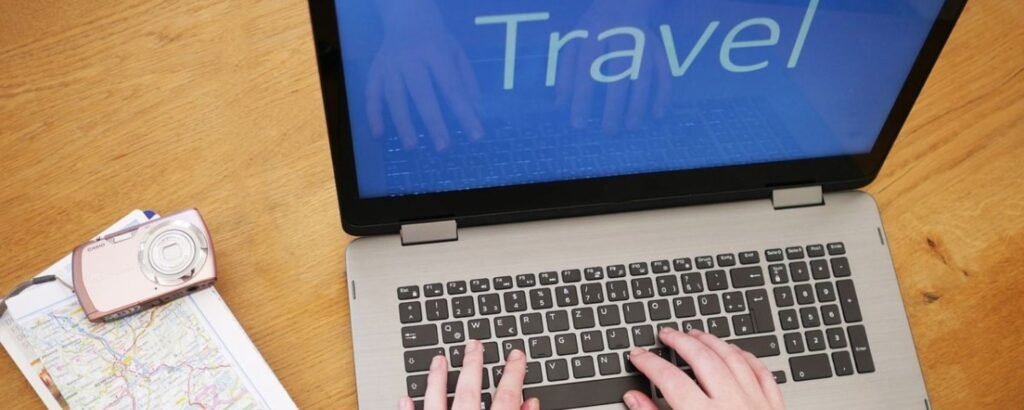
Does the dream of exploring new destinations feel just out of reach because of your budget? Travel doesn’t have to be a luxury reserved for the wealthy. With a little planning and some clever strategies, you can enjoy unforgettable adventures without draining your bank account. The secret lies in making smart, budget-friendly choices that open the door to incredible experiences—no matter your financial situation.
Does Budget-Friendly Travel Mean Sacrificing Quality?
A common misconception is that traveling on a budget means giving up the best experiences. The truth? Some of the most unforgettable moments cost nothing at all. The real magic of travel happens in the connections you make, the hidden streets you wander down and the quiet sunsets you stumble upon. Budget travel often leads to richer cultural experiences, more thoughtful planning and genuine interactions with locals. Instead of rushing through crowded tourist hotspots, you’ll discover hidden gems that many travellers overlook—all while keeping your spending under control.
Smart Strategies for Budget Travel

The desire to explore the world is universal but financial limitations often feel like a roadblock. The good news? With the right strategies, travel doesn’t have to be expensive. From choosing affordable destinations to cutting costs on flights, accommodation and food, there are plenty of ways to make your travel dreams a reality.
Ready to unlock practical tips for budget travel? Let’s dive in.
Table of Contents
- Travel During Off-Peak Seasons
- Embrace Slow Travel
- Use Budget Airlines
- Opt for Public Transportation
- Street Food and Local Eateries
- Free Walking Tours
- Consider Work-Exchange Programs
- Stay in Hostels or Guesthouses
- Utilize Travel Deals and Discounts
- Prioritize Free or Low-Cost Attractions
- Travel Light
- Use a Budgeting App
- Connect with Locals
- Cook Your Meals
- Be Flexible with Your Dates
- Consider Alternative Destinations
- Use Loyalty Points and Miles
- Travel Overnight
- Join a Group Tour
- Research and Plan
- Your Adventure Awaits—Without the Price Tag
1. Travel During Off-Peak Seasons
One of the easiest ways to save money is by avoiding peak tourist seasons. Off-peak travel means fewer crowds, lower accommodation rates and flights that can be up to 50% cheaper.
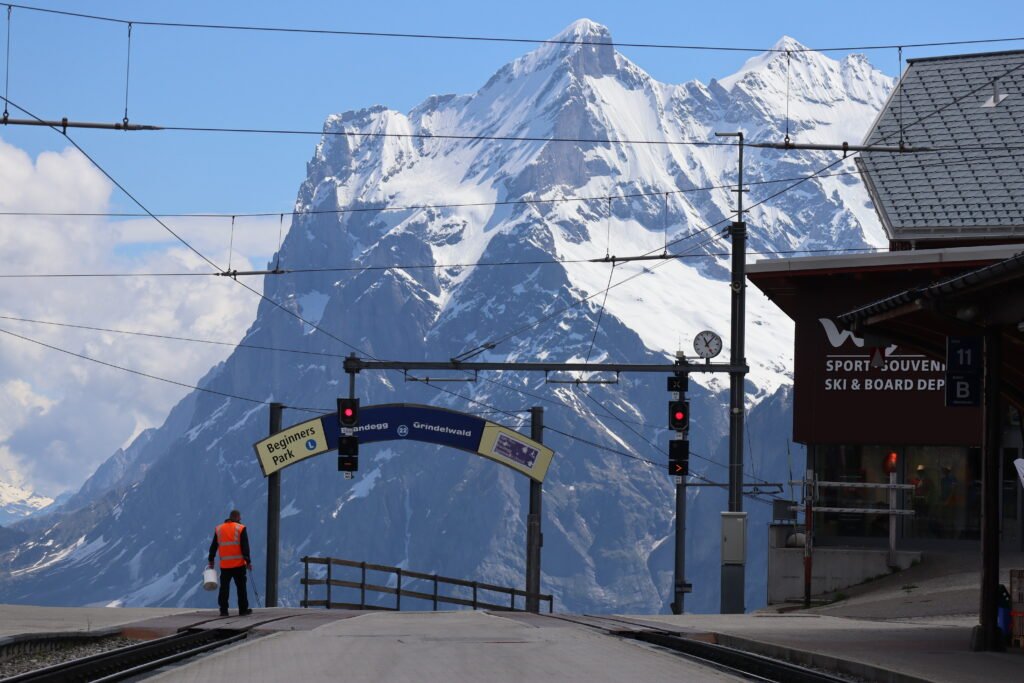
- Europe: Travel in fall (September–November) or early spring (March–May) for cooler weather and better prices. Cities like Rome, Paris and Barcelona are far less crowded, with great deals on hotels and tours.
- Southeast Asia: The shoulder seasons (May–June, September–October) are ideal for Thailand, Vietnam, and Indonesia. Expect the odd rain shower but enjoy cheaper stays and flights.
- New Zealand & Australia: Winter months (March–August) are perfect for budget travellers. Even popular spots like Queenstown see fewer visitors and big drops in accommodation prices.
💡 Tip: Use tools like Trip.com, TripAdvisor or Booking.com/Flights to track price trends and snag the best off-peak deals.
2. Embrace Slow Travel
Instead of rushing from city to city, slow travel lets you experience a destination more deeply while saving money. The longer you stay in one place, the more you benefit from weekly or monthly rental discounts, lower transport costs and a much more relaxed pace.
- Example: Rather than cramming five cities into a two-week trip to Italy, spend a month in a smaller village in Tuscany. Renting an apartment for a month is cheaper per night than short hotel stays and you can explore nearby villages like San Gimignano or Siena using public transport instead of pricey high-speed trains.
- Bonus: Longer stays often mean local friendships, cultural immersion and the discovery of hidden gems that fast-paced tourists miss.
💡 Tip: Check platforms like Airbnb (for long-stay discounts) or TrustedHousesitters (stay in homes for free while pet-sitting) to save even more.
3. Use Budget Airlines
Budget airlines can dramatically cut travel costs but always read the fine print to avoid hidden fees. Many low-cost carriers advertise extremely cheap fares but then charge for extras like baggage, seat selection, meals/snacks, entertainment and even boarding passes.
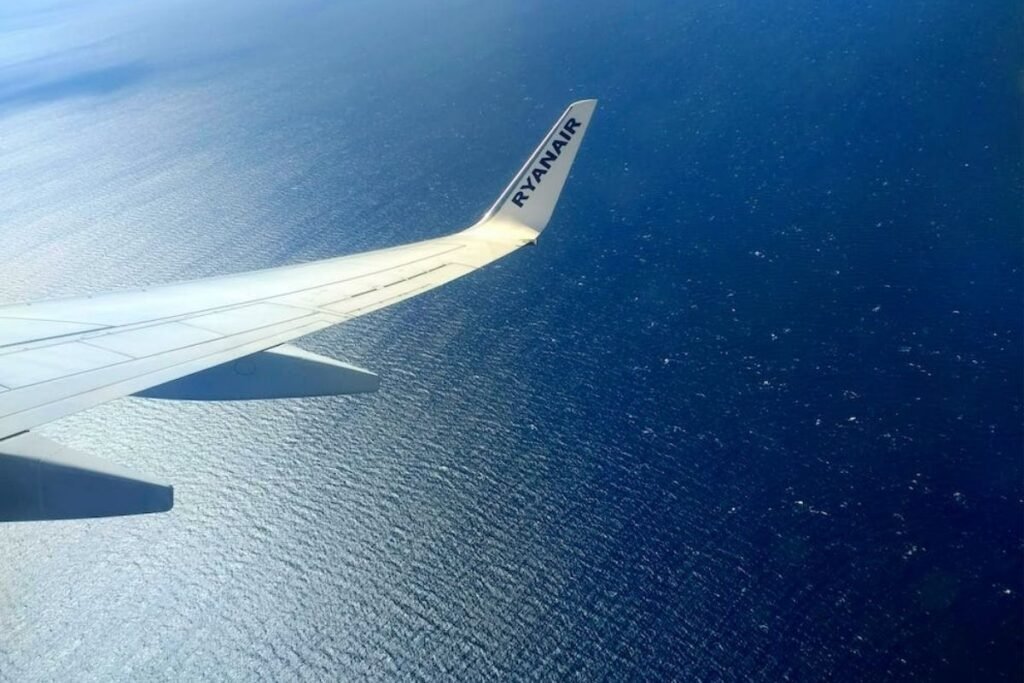
Popular budget airlines:
- Europe: Ryanair, EasyJet, Wizz Air
- Asia: AirAsia, Scoot, Jetstar
- North America: Frontier, Spirit Airlines
- Australia & New Zealand: Jetstar
How to avoid extra fees:
- Travel carry-on only to dodge checked baggage charges. Be aware that most budget airlines strictly enforce size and weight limits.
- Check baggage policies before booking sometimes luggage costs more than the ticket itself.
- Print your boarding pass at home or use a mobile pass to avoid airport check-in fees.
- Watch for secondary airports—budget airlines often land further from the city centre, which can add to transport costs.
💡 Tip: Use tools like Trip.com, TripAdvisor or Booking.com/Flights to spot budget deals and set up fare alerts for price drops.
4. Opt for Public Transportation
Swapping taxis or rental cars for public transportation can save you hundreds of dollars over the course of a trip. It’s not only cheaper—it’s also a chance to experience daily life like a local.
- Europe: Cities like London, Paris, and Berlin have efficient metro and tram systems. Daily or weekly passes give you unlimited travel at a fraction of taxi costs.
- Asia: In places like Bangkok, Tokyo, and Singapore, metros and buses are incredibly affordable with fares starting as low as $0.30–$1 USD.
- New Zealand & Australia: Smart cards like Opal (Sydney), Myki (Melbourne), or Bee Card (NZ) offer discounted fares for frequent riders.
💡 Tip: Download transit apps like Omio, Moovit, Citymapper or 12GoAsia to navigate public networks with ease.
5. Street Food and Local Eateries
Eating at street food stalls and small local eateries is one of the best ways to enjoy authentic cuisine for a fract
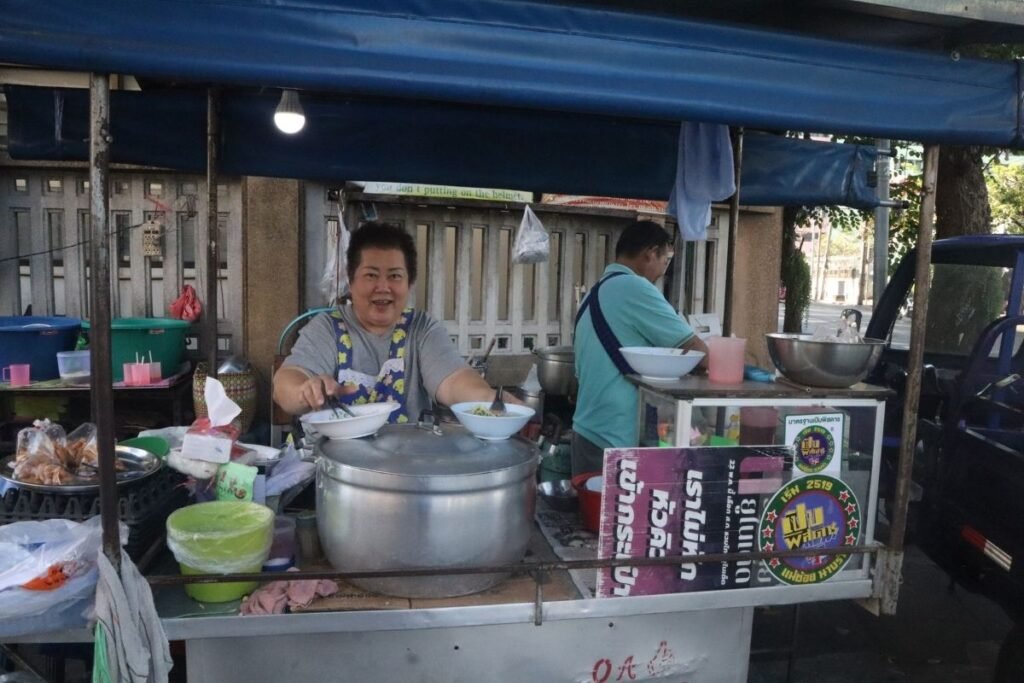
- Thailand: A bowl of Pad Thai or Tom Yum Soup from a street vendor can cost as little as $1–$3 USD, compared to $10+ in restaurants.
- Mexico: Tacos al pastor, tamales or quesadillas from a local stand often cost under $2 USD per meal.
- Vietnam: Banh mi, pho and fresh spring rolls are widely available for $1–$2 USD at bustling street markets.
💡 Tip: For food safety, stick to stalls where locals are lining up (a sign of high turnover and fresh ingredients). Choose vendors who cook in front of you rather than those selling pre-prepared meals sitting in the heat.
6. Free Walking Tours
Free walking tours are a fantastic way to explore a city, learn its history and pick up insider tips from local guides—all without spending a fortune. While they’re advertised as “free,” here’s what you need to know:
- How it works: Guides rely on tips to earn a living. You’re not required to pay a fee, but it’s customary to tip based on value—usually $5–$15 USD per person, depending on the city and tour length.
- Hidden costs: Some tours include mandatory stops at souvenir shops, restaurants, or attractions where guides earn commissions, which can increase your spending.
- Where to find tours:
- GuruWalk (global)
- Sandemans New Europe (popular across Europe)
- Freetour.com
💡 Tip: Prefer a fully free option? Try self-guided tours with apps like GPSmyCity, Rick Steves Audio Europe or even Google Maps to explore at your own pace with zero tipping expectations.
7. Consider Work-Exchange Programs
Work-exchange programs like Workaway and WWOOF (World Wide Opportunities on Organic Farms) let you travel affordably by trading a few hours of work each day for free accommodation and often meals too.

- Types of work: Opportunities range from farm work, eco-building, hostel management, teaching English or cooking—a great way to gain new skills while traveling.
- Cost savings: Accommodation and food are often the biggest travel expenses. Eliminating them can help stretch your budget and extend your journey.
- Cultural immersion: Living and working alongside locals gives you a richer, more authentic experience than traditional tourism.
- Flexibility: Stays can last a few weeks to several months, making it easy to explore at a slower, more meaningful pace.
💡 Tip: Always read reviews and clarify expectations with your host before committing to a placement to ensure a good fit.
8. Stay in Hostels or Guesthouses
Hostels and guesthouses are some of the most budget-friendly accommodation options, while also offering the chance to meet fellow travellers.
- Dorm rooms vs. private rooms: Dormitories are the cheapest option, while private rooms provide more privacy without the cost of a hotel.
- Social benefits: Many hostels organise group activities, tours and communal dinners, making it easy to connect with like-minded travellers.
- Budget perks: Some hostels include free breakfast, shared kitchens or laundry facilities, helping you save even more.
💡 Tip: Use platforms like Hostelworld, Agoda, or Booking.com to compare prices and check reviews before booking.
9. Utilize Travel Deals and Discounts
Snapping up flight and accommodation deals can drastically lower your travel costs.
- Flight deals: Subscribe to sites like Scott’s Cheap Flights (Going), Secret Flying or Airfarewatchdog for instant alerts on discounted fares.
- Accommodation discounts: Save money by booking well in advance or grabbing last-minute deals on platforms like Agoda, Hostelworld or Airbnb.
- Social media & travel groups: Communities on Facebook, Reddit and Telegram often share exclusive deals and budget travel hacks.
10. Prioritize Free or Low-Cost Attractions
Exploring a destination doesn’t have to break the bank—many cities are full of free or budget-friendly experiences that provide just as much value as paid attractions.

- Parks & nature: Wander through Stanley Park (Vancouver), hike Arthur’s Seat (Edinburgh) or enjoy the stunning Gardens by the Bay (Singapore)—all for free.
- Museums & cultural sites: Many museums offer free-entry days, like the Louvre in Paris (free on the first Sunday of each month).
- Festivals & events: Look out for street festivals, parades and concerts that bring destinations to life—such as Songkran Festival in Thailand or free music festivals in Melbourne.
💡 Tip: Check local tourism board websites or use apps like Culture Trip and Google Events to discover free activities wherever you’re traveling.
11. Travel Light
Packing efficiently not only saves you money on baggage fees but also makes your journey smoother and stress-free.
- Avoid checked baggage fees: Many budget airlines charge $30–$160 per checked bag. Sticking to carry-on only can save a lot sometimes luggage even costs more than the seat itself!
- Easier mobility: A light backpack or suitcase makes it easier to use public transport, walk longer distances and avoid luggage storage fees at airports or train stations.
- Multi-purpose items: Pack versatile clothing, travel-sized toiletries and compact gear to reduce the need for excess luggage.
💡 Tip: Use packing cubes to stay organized and maximize space. Always weigh your bag at home before flying to dodge surprise airline fees.
12. Use a Budgeting App
Keeping track of your expenses while traveling helps you avoid overspending and stick to your budget goals. A good budgeting app gives you real-time insights into where your money is going and makes it easy to adjust your spending.
Top budgeting apps for travellers:
- Trail Wallet – Perfect for tracking daily travel expenses by category.
- TravelSpend – Works offline and allows you to split costs with travel companions.
- My Money – Free App. Great for general financial tracking both before and during your trip.
💡 Tip: Set a daily spending limit before your trip and use your budgeting app to stay on track and in control of your finances.
13. Connect with Locals
Interacting with locals can unlock hidden gems and lead to authentic, budget-friendly experiences that most tourists miss. Locals often know the affordable eateries, free cultural events and lesser-known attractions that never make it into guidebooks.
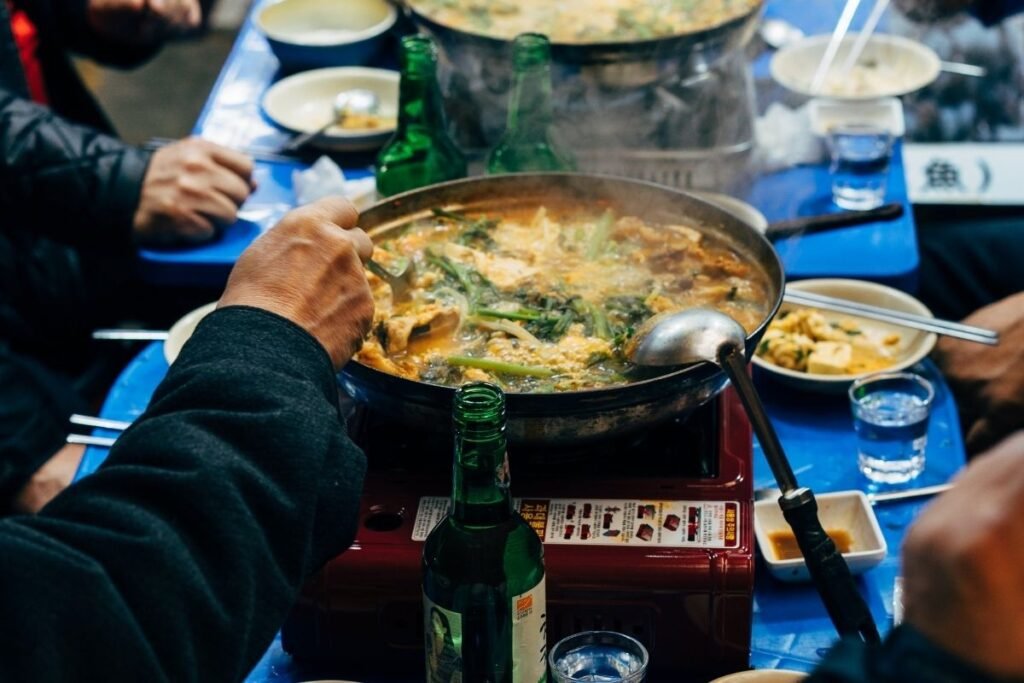
How to connect with locals:
- Couchsurfing Hangouts & Meetup.com – Meet locals through language exchanges, hiking groups and free city tours.
- EatWith & local food experiences – Share a meal in a local’s home and enjoy authentic, home-cooked food for less than restaurant prices.
- Facebook & Reddit travel groups – Ask for budget tips and event recommendations before you even arrive.
💡 Tip: Visit local markets or family-run restaurants to strike up conversations, get insider tips and support small businesses along the way.
14. Cook Your Meals
Eating out for every meal can quickly drain your tr
Where to buy affordable ingredients:
- Local markets: Fresh produce, meat and spices are often cheaper and higher quality than supermarket options.
- Discount grocery stores: Chains like Lidl (Europe), Aldi (Australia & US), and Tesco (UK) offer consistently budget-friendly food.
- Street food stalls for ingredients: Some vendors sell pre-cooked meats, sauces and fresh seafood at local prices.
💡 Tip: No kitchen? Go for no-cook meals like salads, sandwiches or ready-made market meals to cut costs without sacrificing flavour.
15. Be Flexible with Your Dates
One of the biggest money-saving hacks is being flexible with your travel dates. Even small adjustments can mean cheaper flights and accommodation.
When to book for the best prices:
- Flights: Midweek departures (Tuesdays & Wednesdays) are often cheaper than weekend flights.
- Accommodation: Rates drop significantly outside of major holidays and peak tourist seasons.
- Last-minute deals: Tools like Trip.com, Secret Flying and Google Flights can help you track sudden price drops.
16. Consider Alternative Destinations
Popular tourist hotspots often come with inflated prices but exploring less-visited or emerging destinations can deliver equally rewarding experiences for a fraction of the cost.
Budget-friendly alternatives to expensive cities:
- Instead of Paris → Try Budapest, Hungary – Similar architecture, rich history and a much lower price tag.
- Instead of Santorini → Visit Albania’s Riviera – Stunning beaches without the crowds or sky-high prices.
- Instead of Switzerland → Travel to Georgia – Jaw-dropping mountain landscapes at a fraction of the cost.
17. Use Loyalty Points and Miles
Frequent flyer programs and credit card reward points can be a fantastic way to cut travel costs, helping you cover flights, hotel stays and even extras like lounge access.
Ways to maximize rewards:
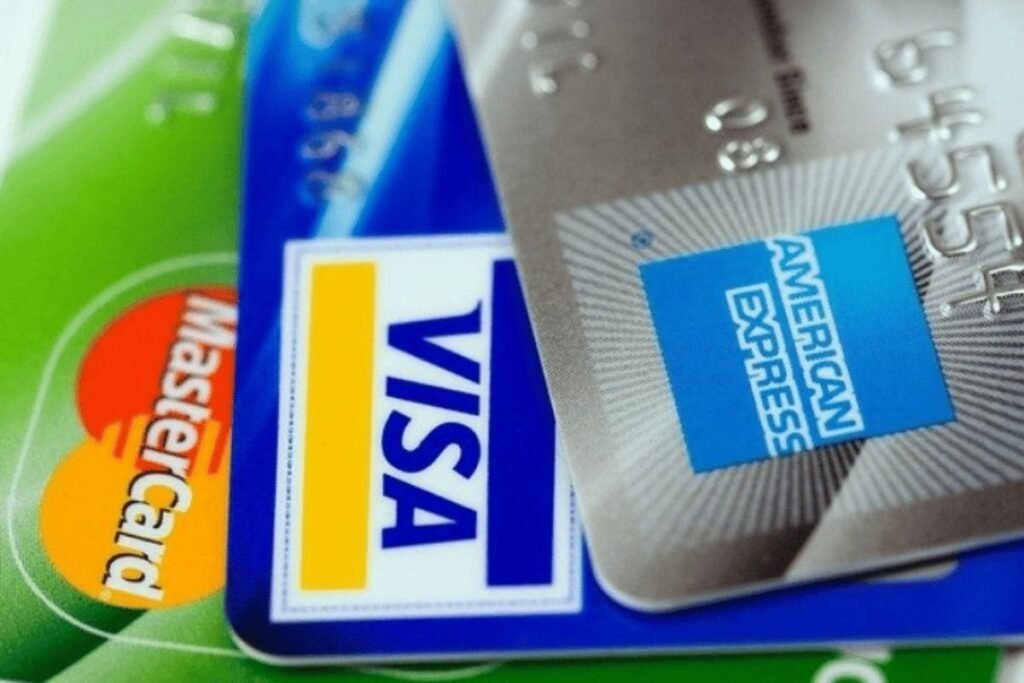
- Join airline loyalty programs like Qantas Frequent Flyer, AirAsia BIG or Emirates Skywards.
- Use travel credit cards with perks such as free flights, airport lounge access and no foreign transaction fees.
- Book through partner networks like Star Alliance, Oneworld or SkyTeam, which let you redeem miles across multiple airlines.
💡 Tip: Look for credit card sign-up bonuses that give enough points for a free flight. Just remember to pay off your balance monthly to avoid interest charges.
18. Travel Overnight
Taking an overnight bus, train or ferry not only saves money on accommodation but also lets you maximize your daytime for exploring.
Best countries for overnight travel:
- Southeast Asia: Sleeper buses in Vietnam, Thailand and Cambodia are both comfortable and budget-friendly.
- Europe: Overnight trains like Thello (France–Italy) or EuroNight (Central Europe) let you cross borders while you sleep.
- South America: Long-distance buses in Argentina and Chile often feature fully reclining seats for a surprisingly comfortable overnight journey.
💡 Tip: Look for “sleeper” options on buses and trains—some offer flatbeds or private cabins, giving you a hotel-like experience at a fraction of the cost.
19. Join a Group Tour
Group tours can cut costs by sharing expenses for transport, activities and accommodation. They also provide the convenience of a structured itinerary, so you can explore without the hassle of planning every detail.
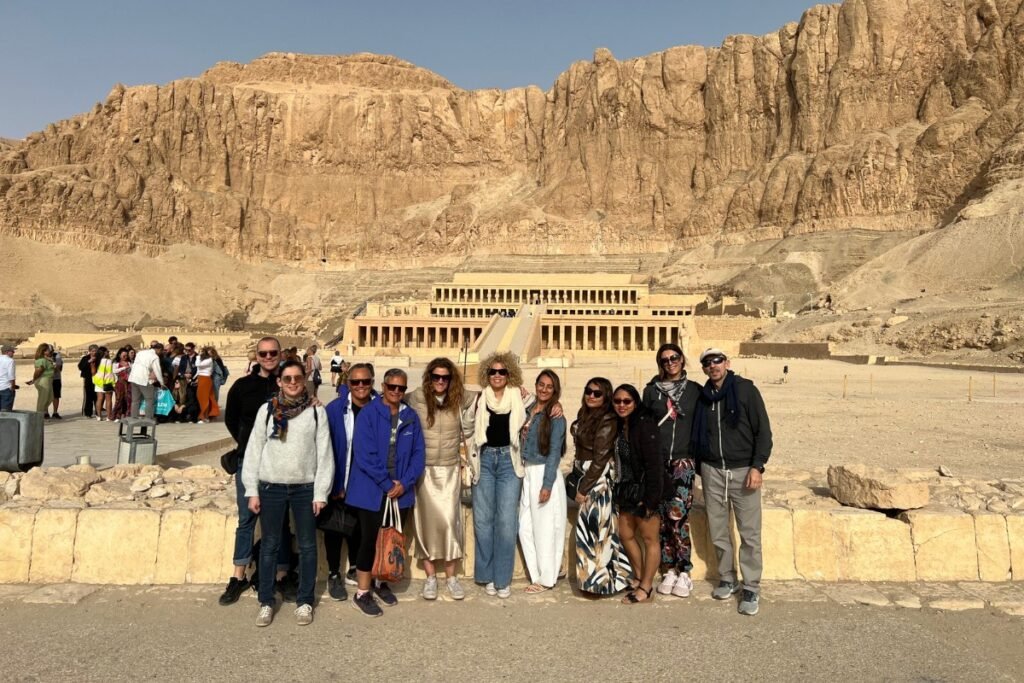
Budget-friendly group tour options:
- G Adventures & Intrepid Travel – Small-group tours focused on immersive, budget-conscious travel.
- Free & low-cost city tours – Many hostels and local agencies run day trips where costs are split among participants.
- Hop-on hop-off buses – An easy way to see multiple sights without paying for separate transport.
💡 Tip: Watch for last-minute discounts on tour websites or in local Facebook groups, where travellers sometimes sell spots at a reduced price.
20. Research and Plan
Good research and planning can help you find the best deals, avoid unnecessary expenses and make the most of your budget. By comparing options ahead of time, you’ll cut costs without compromising on quality.
Key research strategies:
- Compare prices on multiple platforms: Use Trip.com for airfare and Booking.com, TripAdvisor or Hostelworld for accommodation.
- Read reviews before booking: Check TripAdvisor or Google Reviews to avoid overpriced or poor-quality services.
- Plan major expenses in advance: Early booking for flights, accommodation and popular attractions often leads to significant savings.
💡 Tip: Use a travel budgeting spreadsheet or a notes app to track expected expenses and set a daily budget before your trip.
Conclusion: Your Adventure Awaits—Without the Price Tag
Traveling on a budget doesn’t mean missing out on incredible experiences—it’s about being smart, flexible and resourceful. With careful planning, cost-effective choices and a willingness to explore beyond the tourist trail, you can see the world without overspending.
Whether it’s finding affordable flights, embracing slow travel, or enjoying free local attractions, there are countless ways to make travel both enriching and budget-friendly.
So pack your bags, stay open to new adventures and set off on a journey that proves unforgettable experiences don’t need a hefty price tag. Your next adventure is closer—and more affordable—than you think.
💡 Next step: Check out our [Travel Planning Guides] to start turning these tips into your own dream adventure.
🌍 Travel Planning Resources
These are the tools we personally use and trust when planning our travels from finding a place to stay to booking activities, transport and insurance. Let your Tohu guide you — Trust the Journey and follow what feels right for you.
- ✈️Flights – Compare great deals with Trip.com then Kiwi.com for flexible, affordable options.
- 🚐 Campervans – Compare rental deals with Motorhome Republic across Aotearoa and beyond.
- 🛏️ Stays – Compare hotels on Trip.com and TripAdvisor or Booking.com.
- 🚐 Rental Cars – Compare prices and book through Airport Rentals by Motorhome Republic for trusted brands and easy airport pickup.
- 🎟️ Activities – Browse tours and experiences on Viator, Get Your Guide, or TripAdvisor
- 🚆12Go Asia – Compare and book trains, buses, and ferries across Asia in one place with 12Go.
- 🛡️ Travel Insurance – Get flexible short-term coverage with Insubuy for your next holiday.
- 🔒 Protect Your Privacy with a VPN – We recommend Surfshark VPN for secure and private browsing while travelling. It’s fast, affordable and works worldwide — perfect for public Wi-Fi at airports, cafes and hotels.
- 📱 Travel eSIM – Stay connected with Airalo
- 💼 Lounge Access – Treat yourself with Priority Pass – for UK or US
- 🎶 Events & Concerts – Book tickets worldwide through Ticketmaster.
🧭 Note: Some booking links can be a bit shy when you’re using a VPN. If one doesn’t open, try pausing your VPN or switching to a different server location or secure Wi-Fi network to get things flowing again.
✨ “Travel is the only thing you buy that makes you richer.” – Unknown